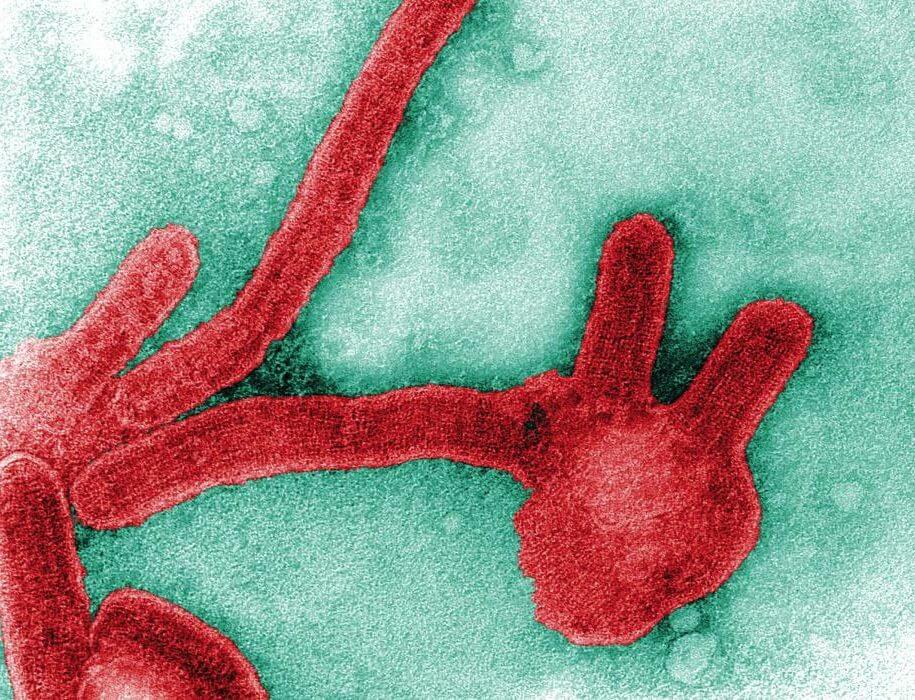Nagpur: The World Health Organization on Friday declared the recently-discovered strain of Covid-19, known as B.1.1.529 or the Omicron strain as a ‘variant of concern.’
The classification puts the new variant into the most-troubling category of the novel coronavirus variants aligned with Delta, Alpha, Beta and Gamma variants.
After a spike in cases in Botswana, South Africa and Hongkong, the central government has asked the states to conduct ‘rigorous screening and testing’ of all the international travelers who are entering the country. Several nations have rushed to ban flights to slow the spread of Omicron on Friday. Not just this, the newly-discovered variant also made the stock markets and oil prices plunged.
The UN health agency in a statement said, “Based on the evidence presented indicative of a detrimental change in Covid-19 epidemiology… WHO has designated B.1.1.529 as a variant of concern (VOC), named Omicron.”

What are the symptoms of the Omicron variant?
South Africa’s National Institute for Communicable Diseases (NICD) has said that “currently no unusual symptoms have been reported following infection with the B.1.1.529 variant.” The health body also added that those detected with the new variant are asymptomatic.
What are the risks related to Omicron?
Scientists claim that Omicron appears to have a high number of mutations, nearly 30 in the virus’ spike protein which could be easily transmissible.
The WHO said that “preliminary evidence suggests an increased risk of reinfection with this variant,” as compared to other variants.
Are there any cases in India?
No, as of now there are no cases of the Omicron variant in India. However, the central government has said that there will be vigorous screening of international passengers coming from South Africa.
Mumbai Mayor Kishori Pednekar has said that all the passengers coming to Mumbai from South Africa will be quarantined. Other than this, Gujarat has also made the RT-PCR test mandatory for the international passengers coming in the state.
The new Covid-19 variant B.1.1.529 has been red-flagged by scientists globally over an alarming high number of spike mutations which would increase its resistance to the vaccines, increase transmissibility and lead to more severe symptoms.
The variant has 50 mutations overall, including more than 30 on the spike protein alone. According to Director of the UCL Genetics Institute, Francois Balloux, the new variant may have evolved from a single patient- possibly a chronic infection of an immuno-compromised person. The strain has spread to nearby countries, including Botswana, where even the fully vaccinated people have been infected. Over 100 cases have been linked to this variant till now in the country.
Epidemiologist Dr Eric Feigl-Ding tweeted, “What is more worrying is the patients were in separate rooms, suggesting the variant is airborne. “… looks like vaccine evasion could be real with this variant… and yes, it is very airborne. Hotel guests were in different rooms across the hallway. Environmental samples found the virus in 25 of 87 swabs across both rooms.”













